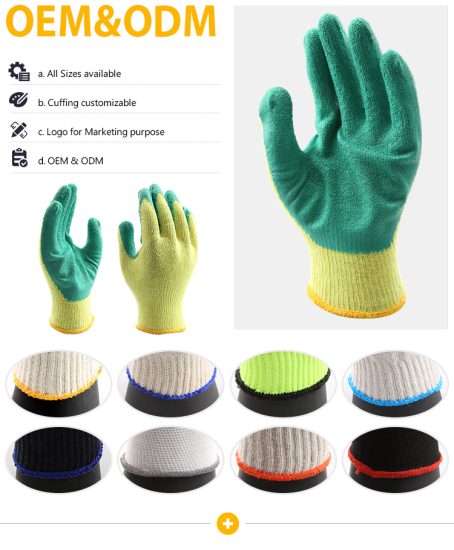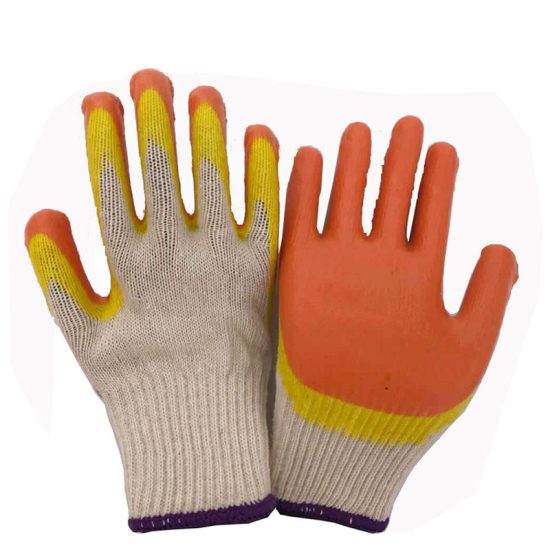Rubber coated gloves come in various types, each designed to cater to specific needs and applications. This informative article aims to provide a comprehensive understanding of the different types of rubber coated gloves available in the market. It covers the following key points:
- Natural Rubber (Latex) Coated Gloves: This section explores gloves with a natural rubber (latex) coating. It discusses their excellent grip, flexibility, and resistance to abrasions. It also highlights considerations for individuals with latex allergies.
- Nitrile Coated Gloves: Nitrile coated gloves are known for their exceptional chemical resistance and durability. The article explains their suitability for handling oils, solvents, and other harsh substances. It also highlights their puncture resistance and suitability for individuals with latex allergies.
- PVC (Polyvinyl Chloride) Coated Gloves: PVC coated gloves provide excellent resistance to chemicals, oils, and greases. The article discusses their flexibility, abrasion resistance, and suitability for applications such as chemical handling, construction, and general industrial work.
- Neoprene Coated Gloves: Neoprene coated gloves offer superior resistance to chemicals, acids, and oils. This section explores their durability, flexibility, and resistance to cuts and punctures. It also highlights their suitability for tasks in the automotive, oil and gas, and manufacturing industries.
- Polyurethane (PU) Coated Gloves: PU coated gloves are known for their exceptional grip and dexterity. The article discusses their abrasion resistance, breathability, and suitability for delicate tasks that require precision, such as electronics assembly and light manufacturing.
- Hybrid Coated Gloves: Some gloves feature a combination of different materials, such as a rubber and nitrile hybrid coating. This section explores the benefits of hybrid coated gloves, including enhanced grip, chemical resistance, and durability.
- Specialty Coated Gloves: The article briefly touches upon specialty rubber coated gloves designed for specific applications, such as thermal-insulated gloves for extreme temperature environments or gloves with antimicrobial coatings for healthcare settings.
By providing insights into these different types of rubber coated gloves, this article aims to help readers understand their unique characteristics, advantages, and suitable applications. Understanding the options available will enable individuals to make informed decisions when selecting the most appropriate gloves for their specific needs.


